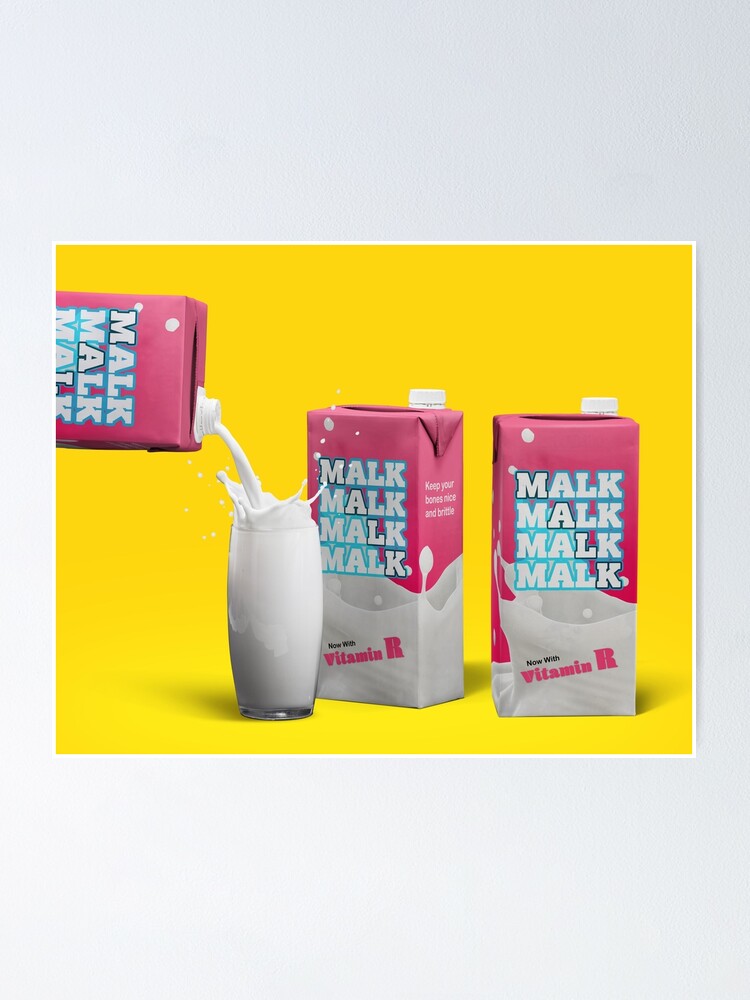


Essentially, this means that people who have pale skin produce vitamin D more quickly than people with darker skin. The pigment melanin, which is more prevalent in people with darker skin, reduces your body’s ability to make vitamin D in response to sunlight exposure.

People who have darker skin may also have trouble synthesizing vitamin D from the sun. Cloudy weather can also be a problem because fewer UVB rays reach your skin on cloudy days. This also means that people who train indoors during winter months may have to dig into their bodies’ vitamin D stores if they don't consume enough, which further increases their risk for deficiency. If you wear clothing that covers most of your skin, you may be at risk for vitamin D deficiency. For instance, if you live at a northern latitude like Anchorage, Alaska, your body would create less vitamin D during the winter than someone who lives in Miami, because Florida has more exposure to UVB rays that are necessary to produce vitamin D. The closer to the equator you live, the easier it is for your body to synthesize vitamin D from the sun’s rays all year round. The amount of vitamin D you get from exposing your bare skin to sun is dependent on several factors. The form of vitamin D that you get from the sun is called D3 (also known as cholecalciferol), which is derived from cholesterol. Your body naturally makes vitamin D when your skin is exposed to sunlight. What is important to know about vitamin D production via sun exposure? InsideTracker blood analysis includes vitamin D and will tell you not just whether your levels are normal, but whether they are optimal to promote a healthy body and life. The only way to know whether your vitamin D levels are adequate is to have your blood levels checked. The recommended daily intake is 600 IU, but if your vitamin D levels are low, you may need to take much more. Regulate the immune system and protect against certain diseasesĪccording to the National Health and Nutrition Examination Survey (NHANES), the majority of Americans are deficient in vitamin D.Build strength in your legs (along with calcium).Increase the size and number of the muscle fibers that are used for short bursts of speed and power.Increase bone health along with the help of calcium.If you don’t get enough vitamin D, it can affect the way you feel and how well you perform, which makes this vitamin crucial for athletes.

But the truth is, keeping cooped up indoors all day may be harmful to your health! The bad news is that if you don’t get outside often and expose your skin to the sun, it may result in low vitamin D. Spending time outdoors is often difficult for those of us who spend most of our days under fluorescent lights. Known as " the sunshine vitamin,” vitamin D provides several important benefits to our bodies.īut some foods do contain vitamin D! Get 10 vitamin D-rich recipes here. Instead, your body actually makes most of its vitamin D from sunshine. While it's possible to get your daily dose of vitamin D from the foods you eat, very few foods are naturally-rich sources of the vitamin.


 0 kommentar(er)
0 kommentar(er)
